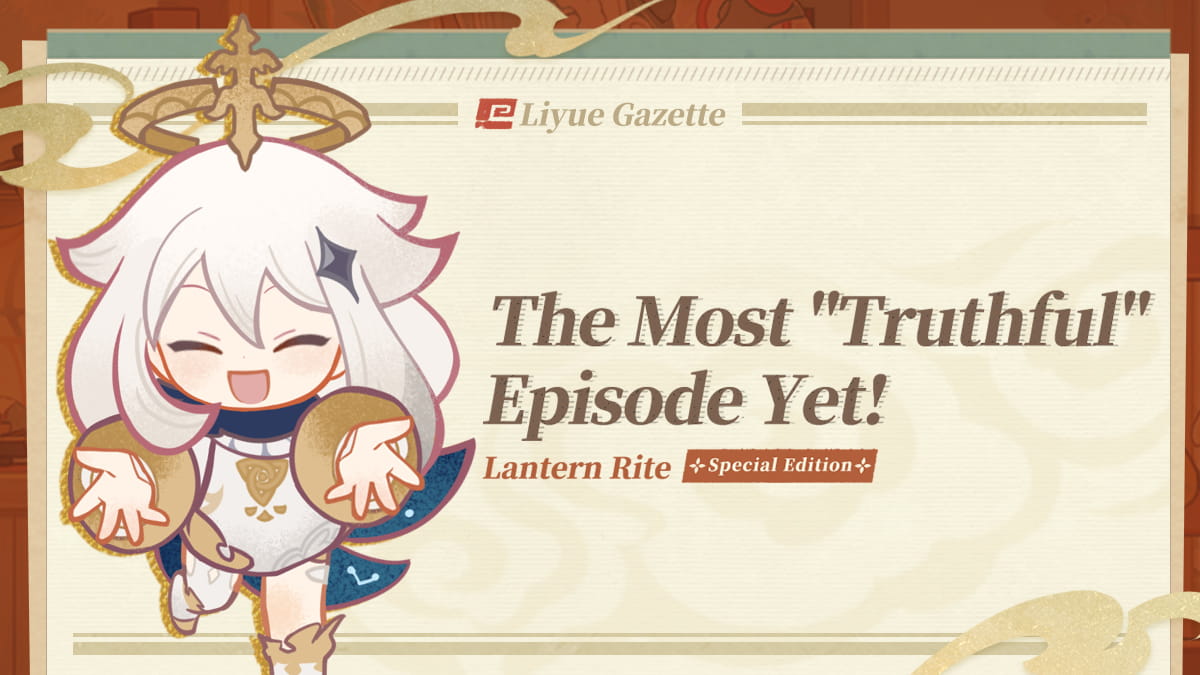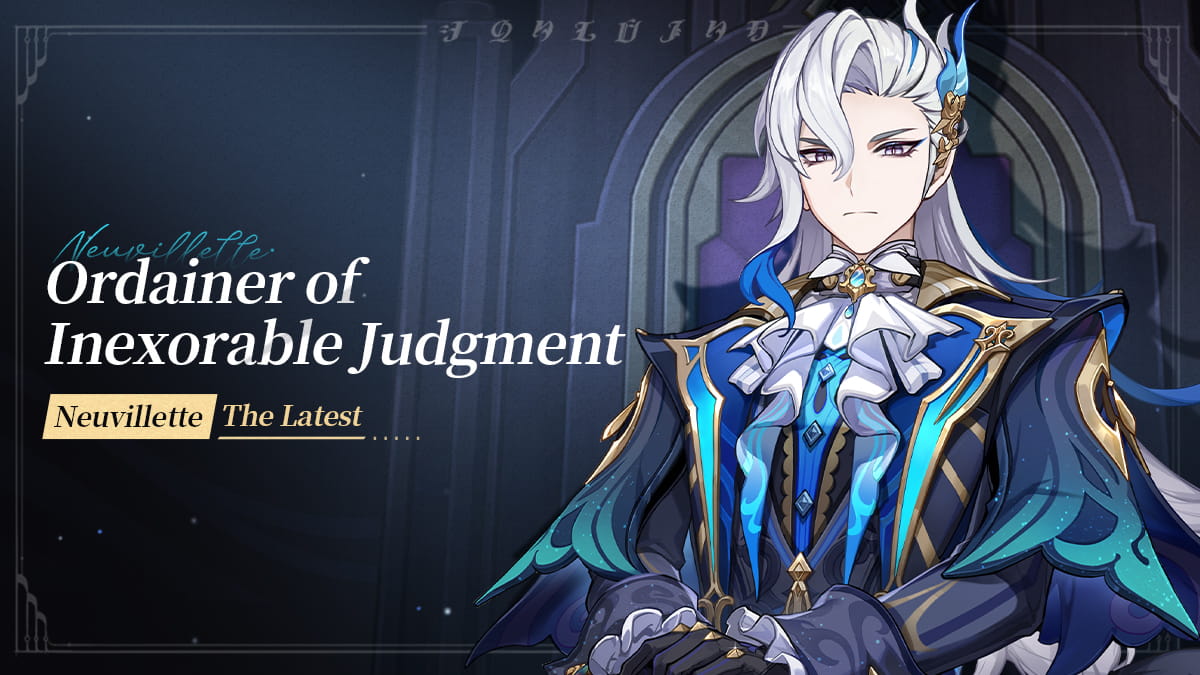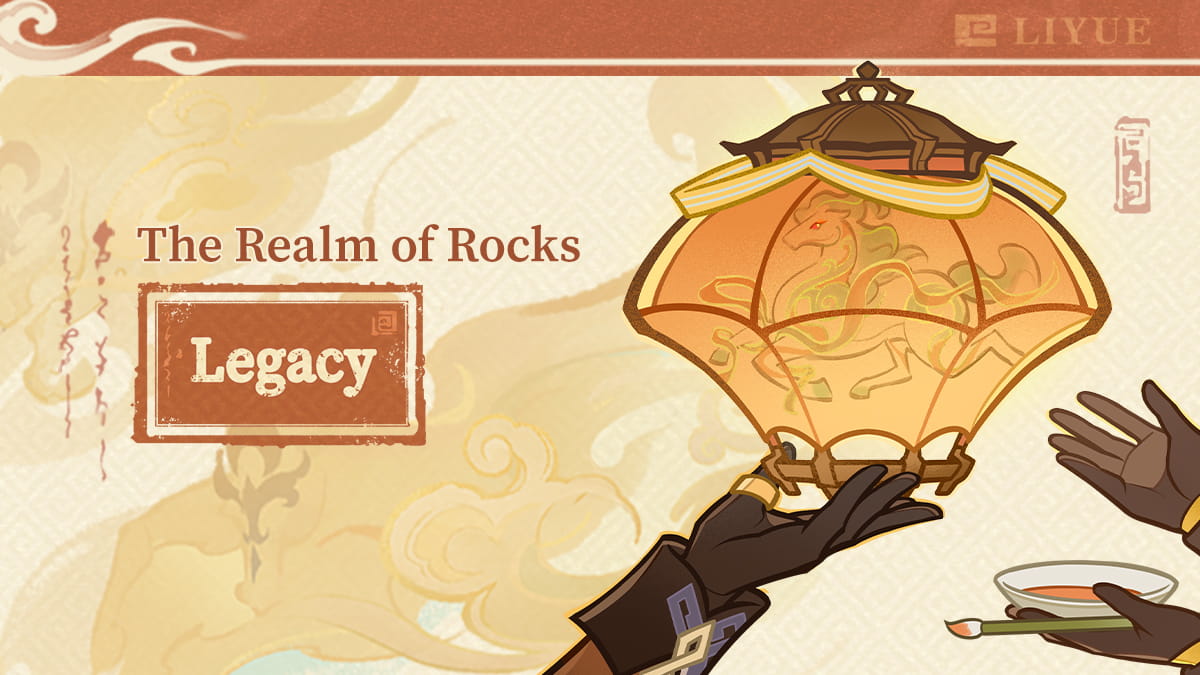
Hello Travelers, and Happy Lantern Rite!
Read more on The Most "Truthful" Episode Yet! Lanterns Carry Heartfelt Wishes — Lantern Rite 2026 Special Edition.
Hello Travelers, and Happy Lantern Rite!

With Lantern Rite just over, Zibai has slowly settled into life in Liyue. Come take a look at what she’s been up to lately~

As the year wanes and dusk falls upon distant mountains, the sky’s myriad hues entrust themselves to the eastern wind.

The bygone days have faded while I linger, alone and in vain.

Read more on Unity: The full moon shines once more, and the wandering Adeptus returns home. Fireworks carry the day into night, as Xiao Lanterns burn bright and long..
As the Iudex of Fontaine, Neuvillette has left many a wrongdoers trembling in the wake of his calm and impartial judgments. But to the Melusines, he is actually a highly amiable companion. Come, let’s take a closer look!

To hold a day as a passing year, illuminate the heart that was.

Phase II of the Lantern Rite storyline, “The Realm of Rocks,” is now available. It’s time for you to experience it firsthand, dear Traveler!

Hello, Traveler! With the “A Lanternlit Ode to the Silver Moon” story unfolding, many of you would have already crossed paths with the White Horse Adeptus. Before we take the next step to bring her back, let’s take a moment to revisit what we know about Zibai and her Three Deadly Selves…

Hello Traveler! Let’s take a look at the upcoming events!
